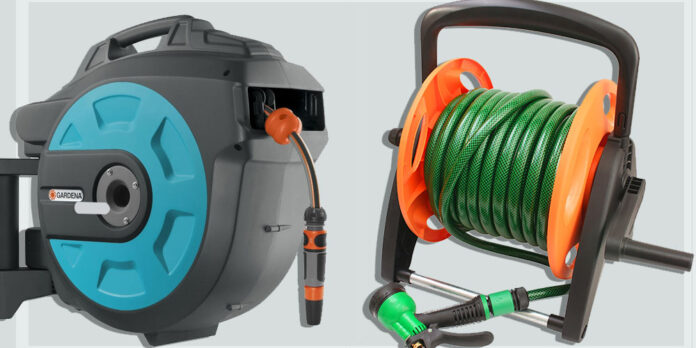Outdoor cleaning can be labor-intensive, and pressure washers do the job right and save you time. They ensure all the thick and tough dirt or greasy oils are removed during garage, patio, driveway, or truck cleaning. These cleaning tools can last you for years as long as you take care of them and remain in good condition. However, some problems may arise, such as overheating that can completely damage the unit. This post outlines reasons why a pressure washer overheats.
Why would your pressure washer overheat?
Overheating is a major concern for most machines. The mechanical and electronic components get fried up; hence the tools become useless. Overheating is rampant in the gas-powered washers than in the electrical type. The latter switches itself off to allow cooling, but the gas units leak, which may not always be effective. So, we focus on the gas-powered units below.
1. The pressure washer gas line may get pinched
This cleaning tool has different mechanisms working inside it to facilitate surface cleaning. One of them allows the flow of fuel from the gas tank into the engine. It converts it into energy, and the washer begins to operate. The gas cable shouldn’t necessarily be straights but be free of kinks. In the case of pinches, gas flow is restricted, and the engine works overtime trying to produce adequate energy. If this continues for a while, overheating begins, and the machine may stall. Periodic inspection is important to straighten up the line and ensure smooth gas flow.
2. A too tight pressure washer gas cap
Ideally, any gas cylinder should be tightly covered to stop gas from escaping. However, having it too tight creates a vacuum within the tank. The vacuum blocks the gas from flowing freely into the line to the engine. Again, the engine works hard to sustain the process but ends up overheating. Before calling a professional, try making the gas cap lose and see whether the problem is fixed.
3. The carburetor can get clogged
Staying for long without using a gas-powered pressure washer can cause damages. When gasoline overstays in the tank without adding a stabilizer, it forms a gummy texture that blocks the carburetor. In addition, it corrodes it and prevents fresh gas from going into the combustion chamber. When there is nothing to burn, the machine overheats. You can revive the carburetor through flushing, and if nothing works, you’ll have to buy a new one. Flushing entails using a carburetor cleaner to remove the carbon residue or any other impurity.
4. A dirty air filter
Proper airflow is necessary to keep the machine cool. The air filtration system traps dirt, dust, and other elements, preventing them from reaching the engine. In the process, it also allows air to enter the system. A faulty air filter blocks airflow causing the washer to overheat. Check the filter often and replace it when dirty.
Final words
Anytime your pressure washer overheats, one of the problems above may be the cause. Regular check-ups of the machine components can prevent them or catch them early enough before major damages occur. Despite focusing on the gas-powered units, it is good to note that electrical pressure washers overheat too, but very few times. No matter the type of washer, ensure to watch out for overheating and prevent it where possible.




